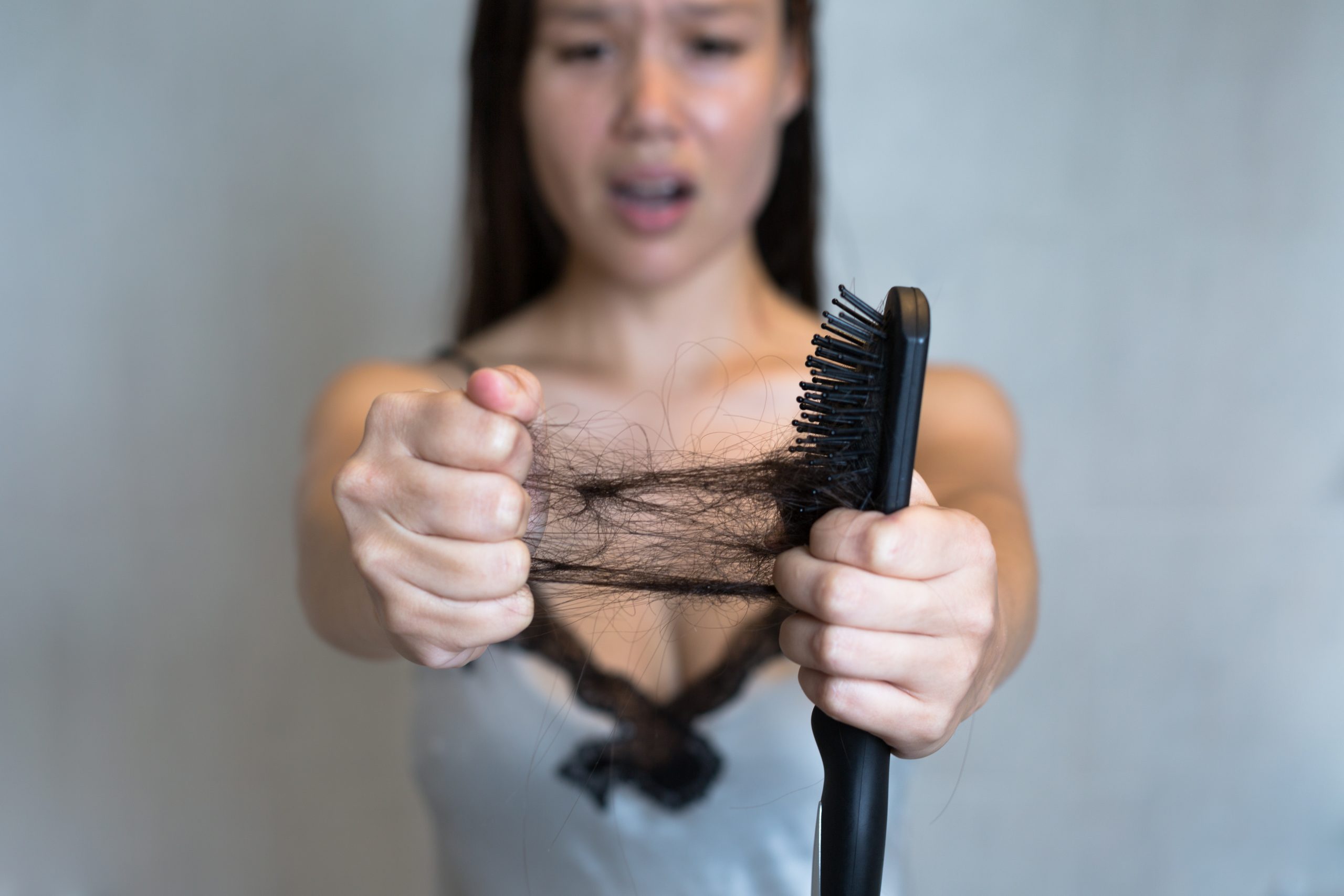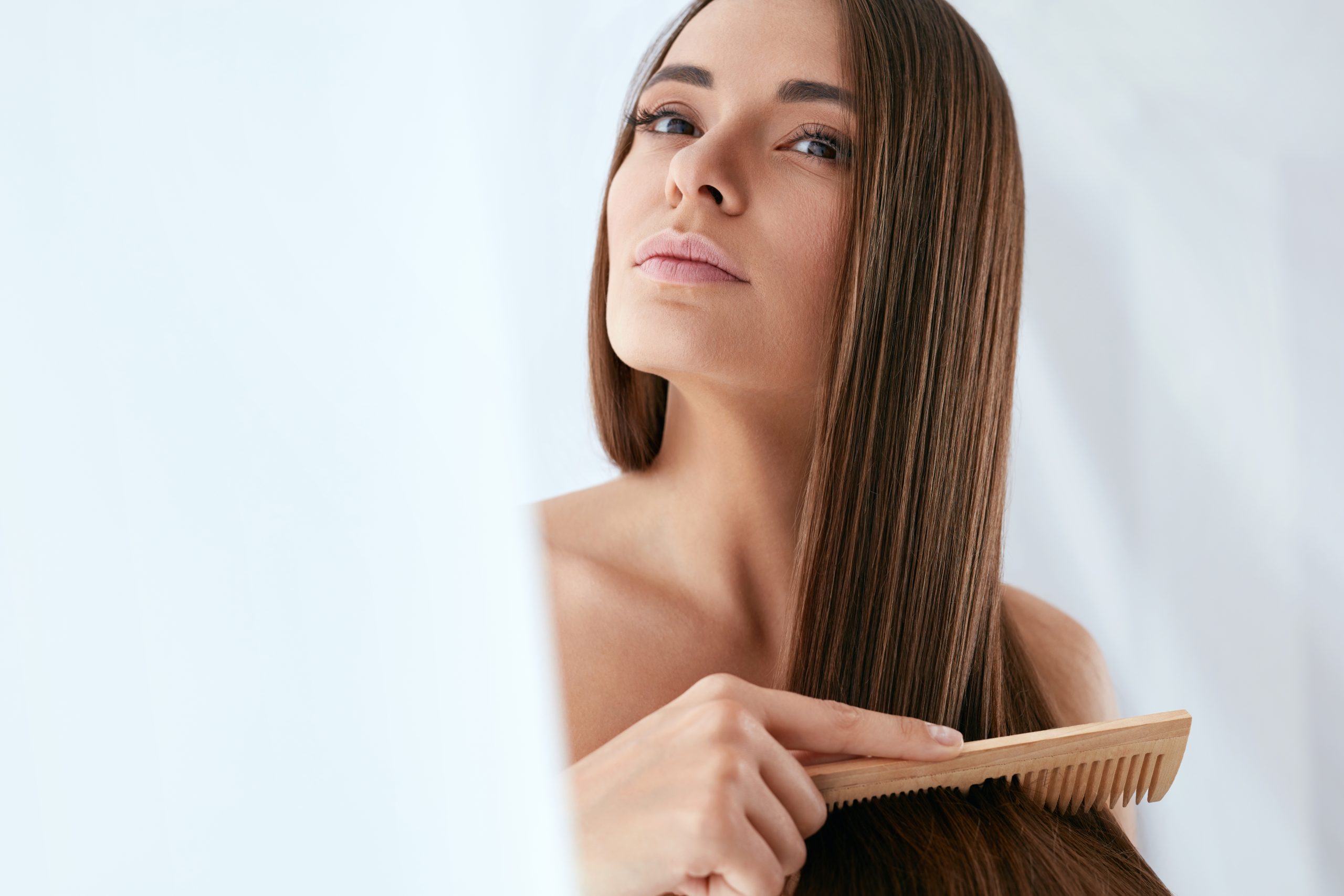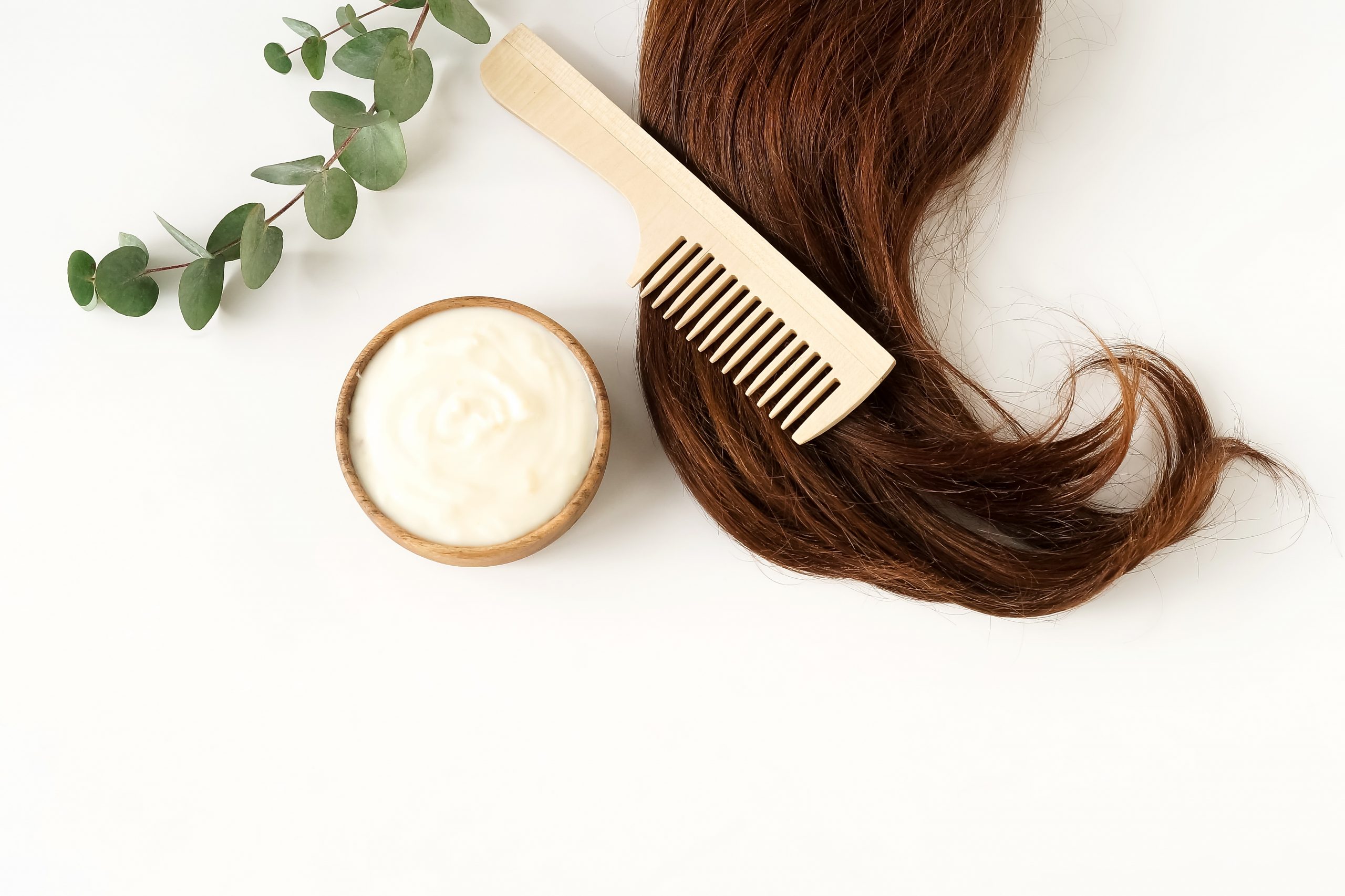Sleep is a vital component of overall health and well-being, and it plays a significant role in various bodily functions, including hair growth. The quality and duration of your sleep can impact the health and growth of your hair. In this article, we will explore the connection between hair growth and sleep quality, shedding light on the importance of a good night’s sleep for maintaining luscious locks.
- Enhanced Nutrient Delivery:
During sleep, your body undergoes a process of repair and rejuvenation. This includes the delivery of essential nutrients to different parts of your body, including your hair follicles. Adequate sleep allows for optimal blood flow to the scalp, ensuring that nutrients, oxygen, and hormones reach the hair follicles, promoting their growth and nourishment. Proper nutrient delivery is crucial for healthy hair growth and can contribute to stronger, thicker, and more resilient hair.
- Hormonal Balance:
Sleep plays a vital role in maintaining hormonal balance, and hormonal fluctuations can impact hair growth. One key hormone that influences hair growth is melatonin, often referred to as the sleep hormone. Melatonin not only regulates sleep-wake cycles but also has antioxidant properties that protect hair follicles from damage. A lack of quality sleep can disrupt melatonin production, potentially leading to hair thinning or increased hair shedding. By prioritizing restful sleep, you support the natural hormonal balance necessary for healthy hair growth.
- Reduced Stress and Inflammation:
A good night’s sleep can help lower stress levels and reduce inflammation throughout the body, including the scalp. Chronic stress and inflammation can contribute to hair loss or hinder healthy hair growth. Sleep deprivation, on the other hand, can elevate stress hormone levels, leading to a disruption in the hair growth cycle. By prioritizing quality sleep, you can better manage stress, reduce inflammation, and create a more conducive environment for healthy hair growth.
- Repair and Regeneration:
Sleep is a time for your body to repair and regenerate its cells, including those in your hair follicles. During the sleep cycle, your body produces growth factors that promote cell renewal and repair damaged tissues. Hair follicles undergo a growth phase known as the anagen phase, during which new hair strands are formed. Sufficient sleep allows for optimal progression through the anagen phase, leading to the growth of stronger and healthier hair.
- Improved Scalp Health:
Sleep deprivation can contribute to various scalp issues, such as dryness, itchiness, and dandruff. These conditions can disrupt the natural hair growth cycle and lead to hair thinning or shedding. Restful sleep helps maintain a balanced scalp environment, reducing the risk of scalp conditions that can hinder hair growth. By caring for your scalp through proper sleep, you create a healthier foundation for your hair to grow.
- Time for Hair Care:
While you sleep, your hair is free from the stresses of styling, environmental factors, and manipulation. This provides an opportunity for your hair to rest and recover. Additionally, sleeping on a silk or satin pillowcase can help reduce friction and minimize hair breakage. By practicing good sleep hygiene and protecting your hair during sleep, you contribute to its overall health and promote optimal growth.
- Healthy Circadian Rhythm:
Quality sleep helps maintain a healthy circadian rhythm, which is essential for overall health and hair growth. Disruptions in the circadian rhythm, such as irregular sleep patterns or inadequate sleep, can negatively impact hair growth cycles. By establishing a consistent sleep schedule and prioritizing restful sleep, you support your body’s natural rhythm and promote optimal hair growth.
In conclusion, the connection between hair growth and sleep quality is undeniable. Prioritizing restful and rejuvenating sleep allows for enhanced nutrient delivery, hormonal





